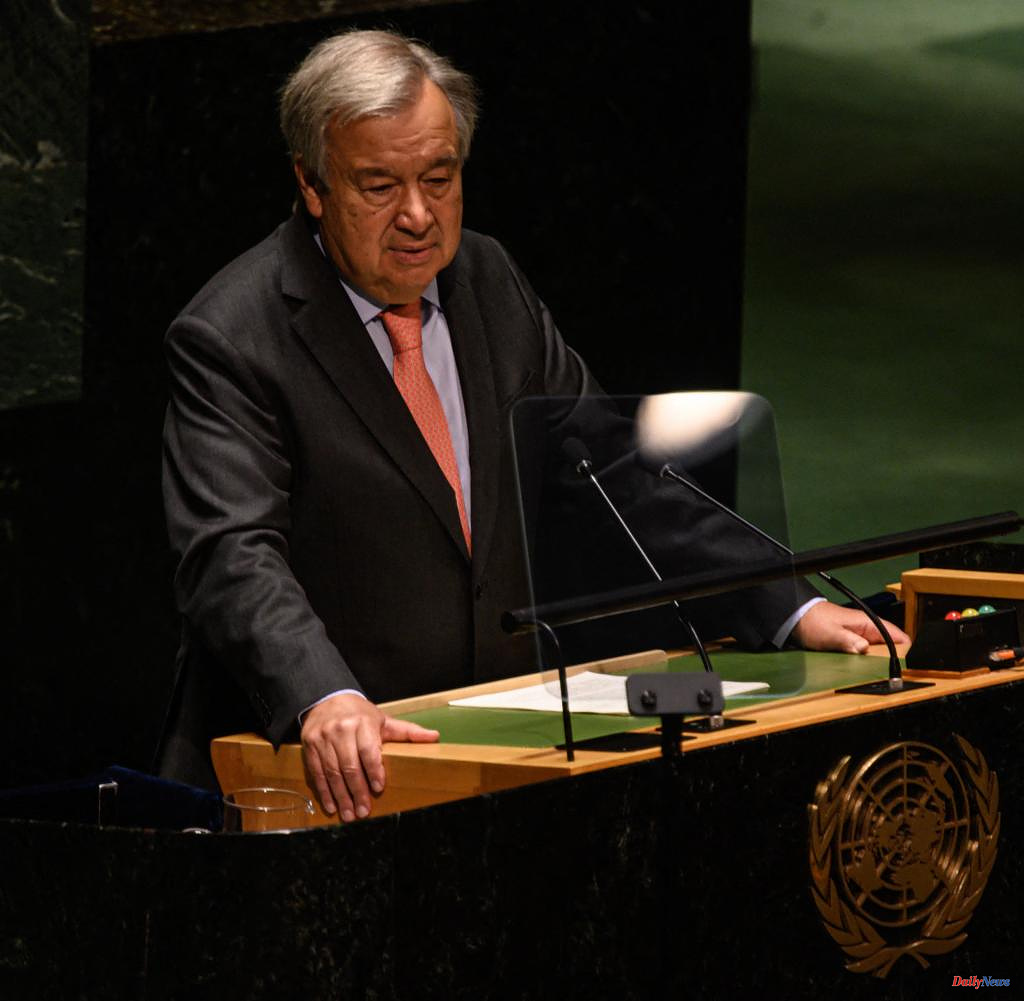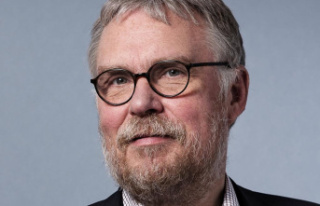In view of numerous crises worldwide, UN Secretary-General António Guterres has warned of the increasing risk of nuclear annihilation. The world is in a "time of nuclear danger not seen since the height of the Cold War," Guterres said on Monday at the start of the NPT Review Conference in New York.
"Humanity is in danger of forgetting the lessons forged in the terrible fires of Hiroshima and Nagasaki". The world is just one misunderstanding or miscalculation away from nuclear annihilation.
The Treaty on the Non-Proliferation of Nuclear Weapons (NPT), which is more than 50 years old and to which 191 countries have joined, forms the basis for nuclear disarmament worldwide. It states that only the US, Russia, China, France and the UK can possess nuclear weapons.
The four other suspected nuclear powers India, Pakistan, Israel and North Korea have either not joined the treaty or have withdrawn from it. The aim of the treaty is to prevent the proliferation of nuclear weapons, promote nuclear disarmament and promote the peaceful use of nuclear energy.
A review of achievements is planned every five years. The tenth review conference was supposed to take place in 2020, but was postponed due to the corona pandemic. Foreign ministers should also speak at the start on Monday. The conference runs until August 26th.
Nuclear disarmament had already faltered before Russia launched a war of aggression against Ukraine. Now the reduction of the nearly 13,000 nuclear weapons worldwide is becoming even more difficult.
Before leaving for New York, Federal Foreign Minister Annalena Baerbock warned against continuing to fight for nuclear disarmament despite all the wars, conflicts and threatening gestures. "Even if this goal may seem so far away in the current world situation: We must never lose sight of this goal, must be persistent when it comes to its implementation," she said.
Together with 15 other countries, Germany made 22 proposals for nuclear disarmament. If you make "even a millimeter" of progress in New York, it's worth every effort.
Guterres said on Monday that geopolitical tensions had reached a new high - citing Russia's war against Ukraine, conflicts in the Middle East, the Korean Peninsula and crises with "nuclear overtones". Eliminating nuclear weapons is the only guarantee that they will never be used. At the same time, Guterres emphasized that the peaceful use of nuclear technologies - including for medical purposes - must be promoted.
In view of tensions and stalled negotiations on Iran's nuclear program, the head of the International Atomic Energy Agency (IAEA), Rafael Grossi, also called on Tehran in his speech: "We need access that is appropriate to the breadth and depth of this nuclear problem".
Only then will the IAEA be able to "give the necessary and credible assurances that any activity in the Islamic Republic of Iran serves peaceful purposes." , France, Great Britain, Russia and the USA – have been faltering since March.
Iran, meanwhile, signaled on Monday its readiness to resume nuclear talks. "We have received important messages in the last few days (...) There is indeed a possibility for new negotiations soon," said foreign ministry spokesman Nasser Kanaani in Tehran. Iran definitely wants an end to the nuclear dispute and a comprehensive agreement.
Chief nuclear negotiator Ali Bagheri also tweeted: "We are ready to bring the negotiations to a conclusion in the short term." Iran's nuclear chief also claimed again that the country could already build a nuclear bomb, but did not want to.
For Baerbock, the nuclear weapons conference is the start of a three-day trip to the United States and Canada. In addition to Guterres, the Green politician also wants to meet Rafael Grossi, Director General of the International Atomic Energy Agency, in New York. On Tuesday she will give a speech there on transatlantic relations and will travel on to Canada in the evening for her inaugural visit.
US President Joe Biden has urged Russia and China to engage in talks on nuclear weapons control. In a statement released on Monday, the US President reiterated that his administration is ready to negotiate "expeditiously" on a replacement for New Start, the US-Russia strategic nuclear arms limit treaty. This expires in 2026.
"Russia should show that it is ready to resume work on nuclear arms control," Biden said. In particular, after the Russian invasion of Ukraine at the end of February, he sees responsibility in Moscow.
Russia's "brutal and unprovoked aggression in Ukraine" has "shattered the peace in Europe" and represents "an attack on the fundamental pillars of the international order," Biden said. He stressed that Russia and the US in particular, as nuclear superpowers, have a responsibility to set the tone and ensure the viability of the Nuclear Non-Proliferation Treaty (NPT), which aims to prevent the spread of nuclear weapons technology around the world.












